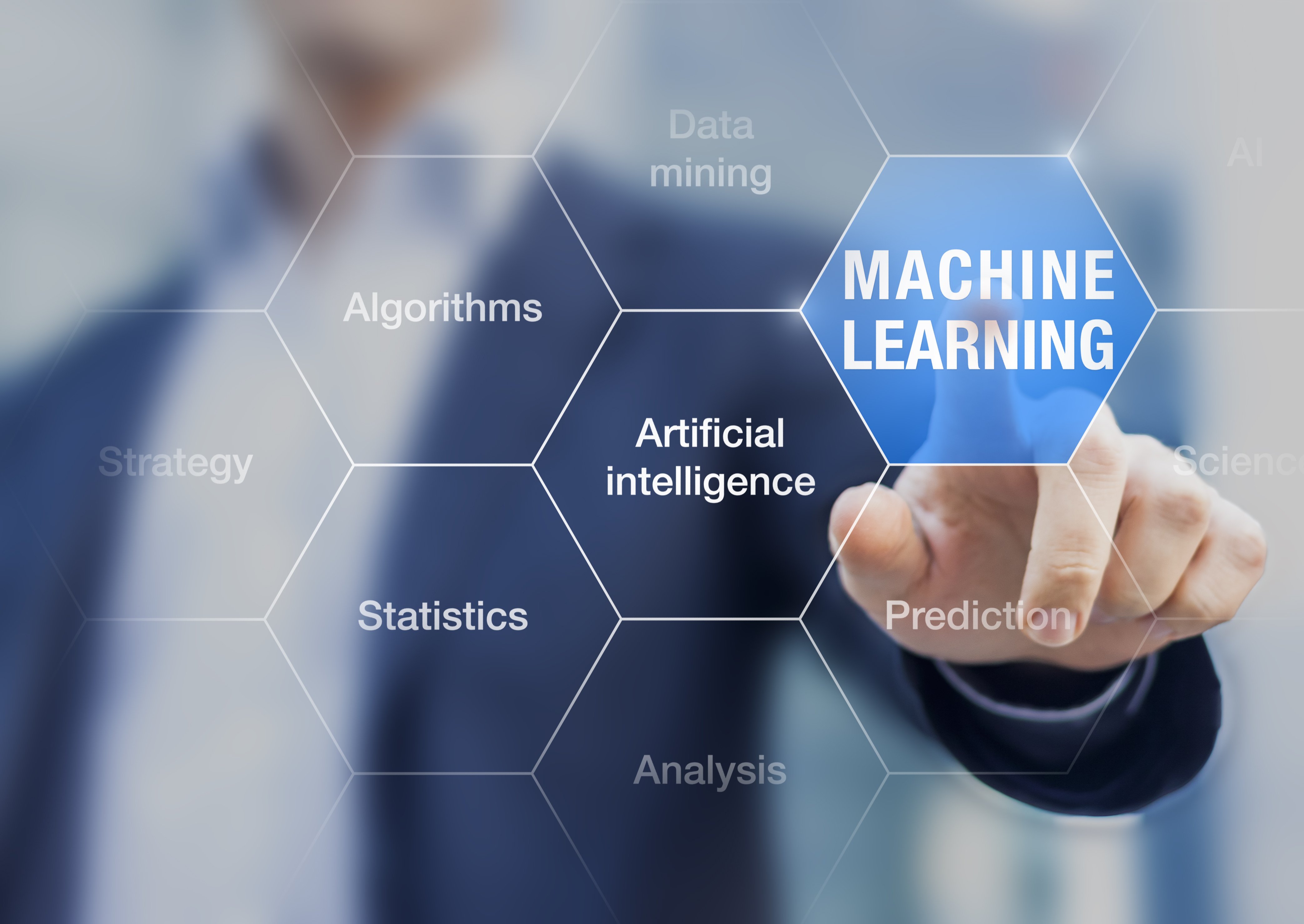In the era of rapid technological advancements, machine learning has emerged as a transformative force, reshaping operations in the UK public sector. This blog explores the profound impact of machine learning on public sector efficiency, resource allocation, and decision-making, showcasing its potential to revolutionise governance.

The Rise of Machine Learning in the Public Sector
Machine learning, a branch of artificial intelligence, has found a significant role in the UK public sector. This technology enables systems to learn from data, leading to improved performance and informed decision-making. Its adoption signifies a shift toward leveraging data for enhanced public service delivery.
Improving Efficiency and Resource Allocation
Machine learning brings a notable improvement in the efficiency of public sector operations. By analysing historical data, machine learning algorithms identify patterns and trends, aiding government agencies in optimizing resource allocation. This approach ensures a more effective use of public funds, ultimately resulting in better services and increased citizen satisfaction.
Enhanced Data Analysis and Decision-Making
The prowess of machine learning algorithms in processing and interpreting large datasets at high speeds empowers public sector officials to make more informed decisions. Whether in healthcare, education, or transportation, machine learning facilitates data-driven decision-making that aligns with the evolving needs of the public.
Predictive Analytics for Proactive Governance
Machine learning's predictive capabilities contribute to proactive governance. By analysing historical data, machine learning algorithms can anticipate future trends and potential challenges. This foresight allows government agencies to address issues in advance, contributing to a more resilient and responsive public sector.
Personalising Public Services
Machine learning introduces personalization into public services based on individual needs and preferences. In healthcare, for instance, machine learning can analyse patient data to predict health risks and recommend personalised treatment plans. In education, personalised learning materials tailored to the specific needs of students can enhance the overall educational experience.
Ethical Considerations and Responsible AI
Addressing ethical considerations is paramount in the deployment of machine learning in the public sector. Responsible AI practices ensure transparency, fairness, and accountability in algorithmic decision-making. Striking a balance between innovation and ethical standards is crucial for building and maintaining public trust.
Overcoming Challenges and Ensuring Data Security
While the benefits of machine learning are substantial, addressing challenges such as data security and privacy is essential. Robust cybersecurity measures and compliance with data protection regulations are crucial to safeguard sensitive information. Overcoming these challenges is pivotal for realizing the full potential of machine learning in governance.
A Future of Intelligent Governance
The integration of machine learning into the UK public sector represents a significant leap toward intelligent governance. From optimizing resource allocation to enhancing decision-making and personalising public services, the applications of machine learning are vast. Embracing the power of machine learning is not just an innovation; it's a strategic investment in building a governance landscape that meets the evolving needs of society.

Pips Houghton
Content Executive, GovNet Tech Events Portfolio.




